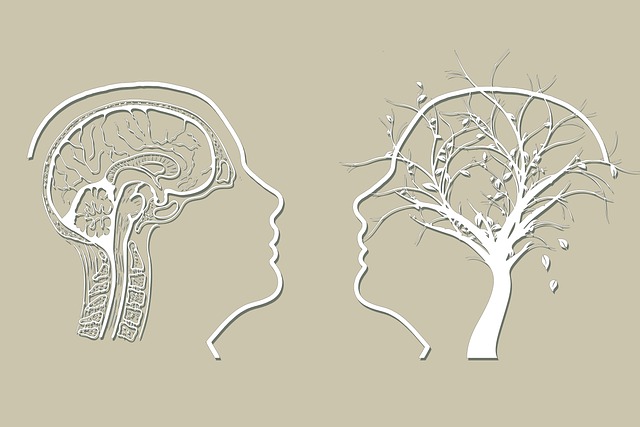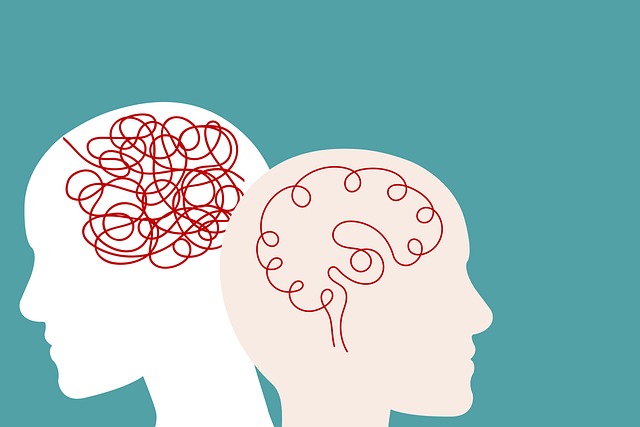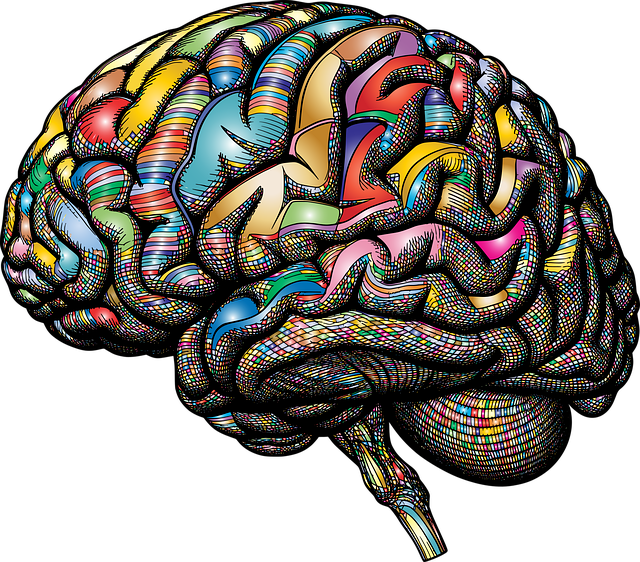In today's digital era, remote mental health support has evolved significantly, especially for the LGBTQ+ community. To provide inclusive care, Superior Gender Identity Therapy (SGIT) apps must be developed with a comprehensive strategy. These apps should offer tailored features like resilience building and cultural sensitivity, educate users through mental health policy analysis, and foster open dialogue in a secure digital space. By addressing specific challenges faced by the LGBTQ+ community, SGIT apps can revolutionize mental health care, promoting well-being with potential market success if effectively marketed and partnered with community programs.
In the digital age, mental wellness apps are transforming access to support. “Mental wellness app development” explores how technology can address unique needs within the LGBTQ+ community, with a focus on superior gender identity therapy. This article delves into the significance of understanding mental health and gender identity in today’s world, highlights key features for effective apps, and discusses ethical considerations and market potential. By embracing digital solutions, we can foster inclusive care and enhance well-being.
- Understanding Mental Health and Gender Identity Needs in the Digital Age
- Key Features for Developing a Superior Gender Identity Therapy App
- Ethical Considerations and Market Potential for Mental Wellness Apps Targeting LGBTQ+ Community
Understanding Mental Health and Gender Identity Needs in the Digital Age

In the digital age, understanding mental health and gender identity needs has evolved significantly. The rise of remote work, online communities, and digital communication platforms has created new opportunities for both challenges and support networks. As we navigate this changing landscape, it’s crucial to recognize that mental wellness apps must cater to a diverse range of users, including those with varying gender identities. Superior Gender Identity Therapy (SGIT) is a critical component in ensuring these apps provide inclusive care and effective treatment.
Integrating compassion cultivation practices into digital platforms can foster a sense of belonging and support for individuals exploring their gender identity. Additionally, promoting positive thinking and burnout prevention strategies through these apps can enhance users’ overall well-being. By combining cutting-edge technology with evidence-based practices, developers have the potential to create transformative experiences that resonate with users from all backgrounds, ensuring mental wellness apps remain relevant and impactful in our increasingly digital world.
Key Features for Developing a Superior Gender Identity Therapy App

Developing a superior Gender Identity Therapy app requires a multifaceted approach that goes beyond typical mental health applications. Incorporating features that address the unique needs of individuals exploring their gender identity is paramount. One key feature is Resilience Building, offering tools and resources to navigate challenges and foster self-acceptance, which is crucial for this vulnerable demographic. The app should also prioritize Cultural Sensitivity in Mental Healthcare Practice, ensuring diverse content that respects and reflects the experiences of people from various backgrounds.
Additionally, integrating features that educate users about gender identity issues within the broader context of Mental Health Policy Analysis and Advocacy can empower individuals to advocate for their needs and contribute to systemic change. A superior app should facilitate open conversations, provide accessible resources, and offer a safe digital space where users feel heard and supported in their journey towards understanding and embracing their authentic selves.
Ethical Considerations and Market Potential for Mental Wellness Apps Targeting LGBTQ+ Community

The development of mental wellness apps targeting the LGBTQ+ community presents a unique opportunity to address specific challenges faced by this diverse group. As society continues to evolve and accept gender diversity, there is an increasing need for digital tools that cater to the nuanced psychological needs of individuals with varying gender identities. Apps focused on Superior Gender Identity Therapy can offer much-needed support, especially in regions where access to specialized therapists is limited. These applications have the potential to revolutionize mental health care by providing accessible and inclusive resources for self-exploration, validation, and healing.
Ethical considerations are paramount when creating such apps, particularly regarding privacy, consent, and the sensitivity of personal data. Developers must ensure user information is protected and that therapeutic content aligns with evidence-based practices. Moreover, the market potential is significant, as many LGBTQ+ individuals, especially youth, turn to digital solutions for support due to fears of stigma or lack of understanding from traditional healthcare providers. Incorporating conflict resolution techniques and burnout prevention strategies for healthcare providers can further enhance these apps’ effectiveness in fostering mental wellness within this community. Effective marketing and collaboration with community outreach programs can ensure these digital tools reach the intended audience, positively impacting lives and promoting overall well-being.
The development of mental wellness apps, with a specific focus on catering to the diverse needs of the LGBTQ+ community, presents a significant opportunity in the digital age. By understanding the unique challenges related to mental health and gender identity, app developers can create innovative solutions like the Superior Gender Identity Therapy app. This article has outlined essential features and ethical considerations, highlighting the market’s untapped potential. With the right approach, these apps could revolutionize access to therapy and support for individuals navigating their gender identities.














